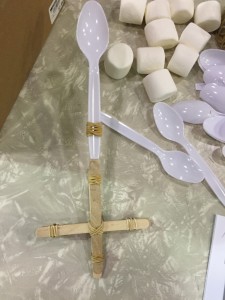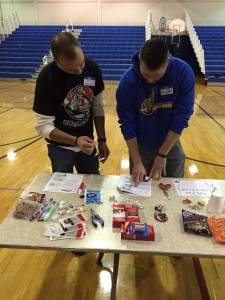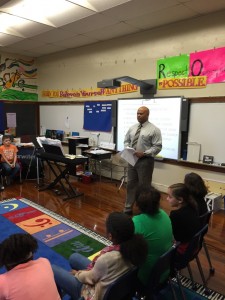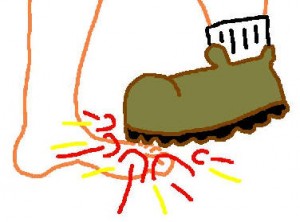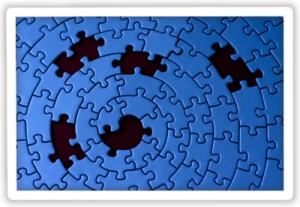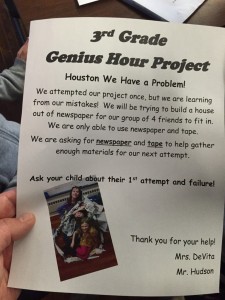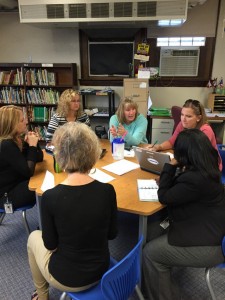 Last we implemented PLCs to address the areas in our school that needed improvement. Based on the feedback from the teachers, who for the most part enjoyed the PLCs, we made a few changes. In the process, teachers drove the conversation to get us to the next level(I am calling PLC 2.0). Some of the feedback I received was that the PLCs last year were too broad (we used the vertical alignment approach through subject matter) and that they were not meaningful (how does this relate to me?). All of this “data” helped me use my resources to improve the process. I had to LISTEN…. So, then what did I do?
Last we implemented PLCs to address the areas in our school that needed improvement. Based on the feedback from the teachers, who for the most part enjoyed the PLCs, we made a few changes. In the process, teachers drove the conversation to get us to the next level(I am calling PLC 2.0). Some of the feedback I received was that the PLCs last year were too broad (we used the vertical alignment approach through subject matter) and that they were not meaningful (how does this relate to me?). All of this “data” helped me use my resources to improve the process. I had to LISTEN…. So, then what did I do?
First, I sought out experts in my PLN. I talked with numerous educators in various states about how they organize PLCs. We talked about the similarities and differences regarding the schedule, data, and mission/visions/values of our schools. Then I did some reading and researching on sites such as All Things PLC, ASCD, and YouTube. I found some local experts and attended a workshop at the EIRC. Along the way, I would check in with our teachers to share what I had learned. It all started coming together.
This year we didn’t kick off PLCs in September (hard to schedule with the gazillion opening activities and precious little time) and I wanted the teachers to have time to know their kids and collect data. What made PLCs 2.0 in our school different? Using the Reflective Practice approach (Plan, implement, reflect, change and repeat) we addressed the concerns from last year, and began down the path again…. together.
Here is what we did:
- Re-focused on what an effective PLC should look like
- Re-established norms
- Ensured that everyone had a role
- Improved the reporting mechanism
- Set new goals for teams
- Made the PLCs grade level focused
- Organized our Year at a Glance to provide sequence to the assessment process
- Improved our data collection, reporting and analyzing by creating a much needed Data Dashboard
- Re-allocated more time
One of the most important things I learned along the way about effective PLCs is the role of the principal. As a principal, I need to be the support mechanism that allows teachers to accomplish their tasks. I need to continue to ask, “How can I help?”
How are you doing with your PLCs?
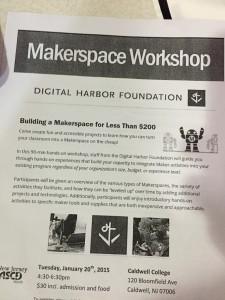 I went to EdcampNJ, and attended the Maker Fair set up in the gym. Meredith Martin, an awesome educator and innovator, set up a few opportunities for people to make stuff. When I asked her about the cost of setting up a Makerspace, she said that most of the materials are available at Dollar Stores or in a desk, or storage area. So basically, there is not a lot of money required to start one.
I went to EdcampNJ, and attended the Maker Fair set up in the gym. Meredith Martin, an awesome educator and innovator, set up a few opportunities for people to make stuff. When I asked her about the cost of setting up a Makerspace, she said that most of the materials are available at Dollar Stores or in a desk, or storage area. So basically, there is not a lot of money required to start one.